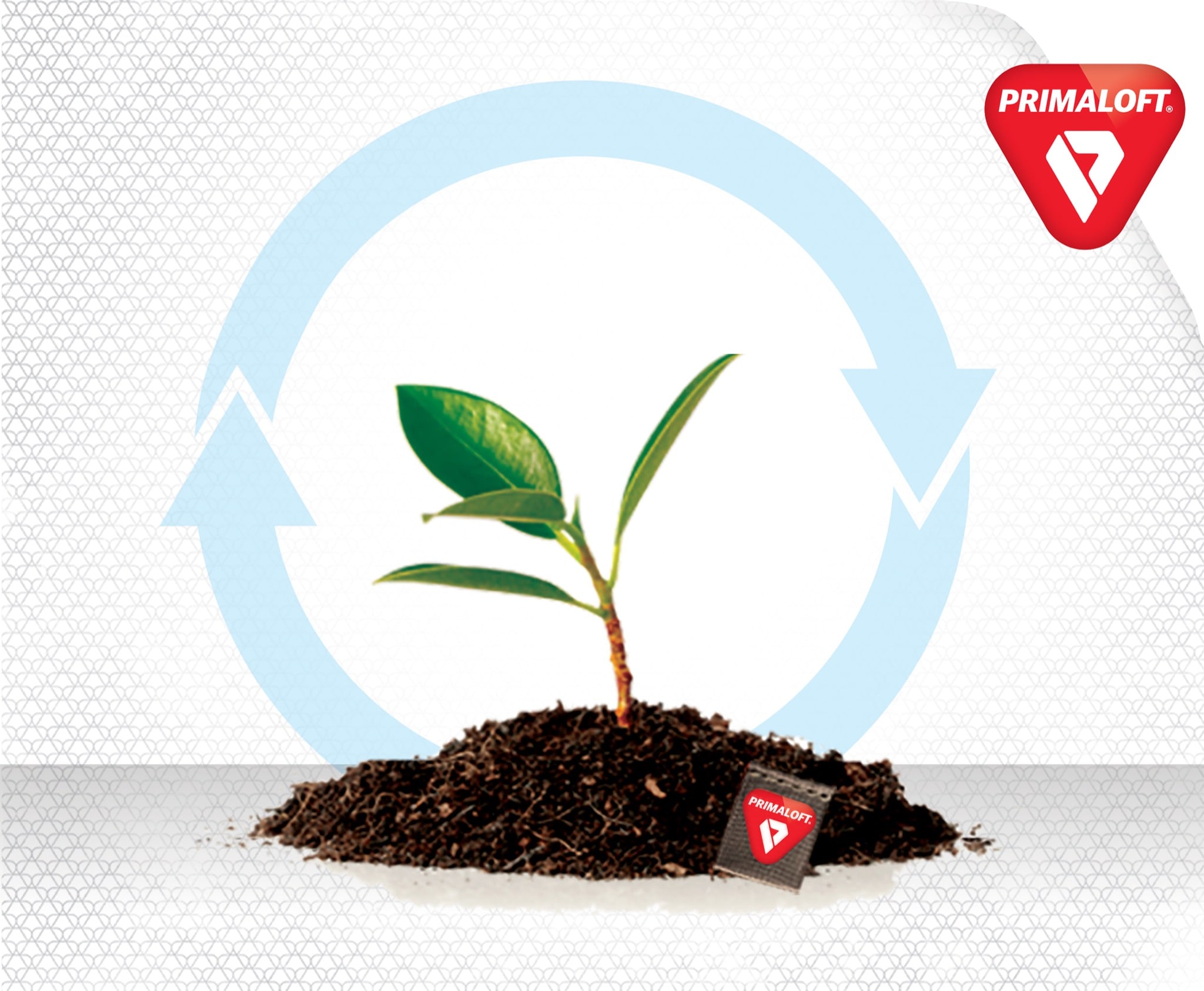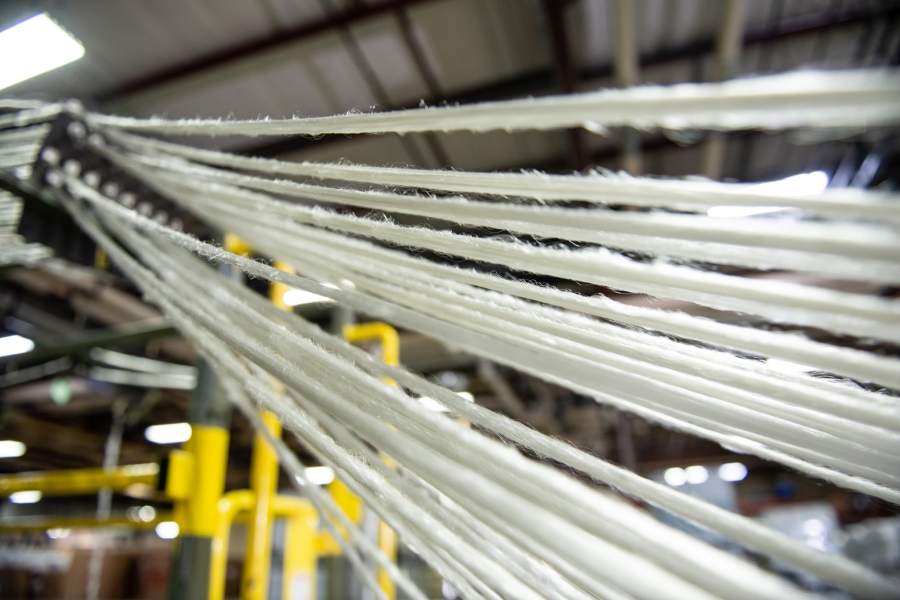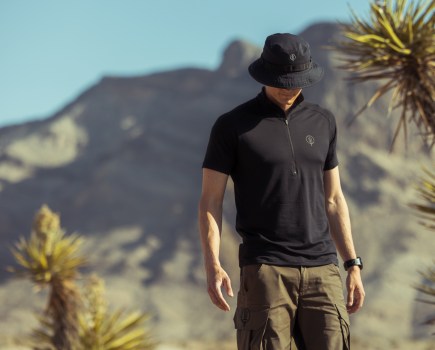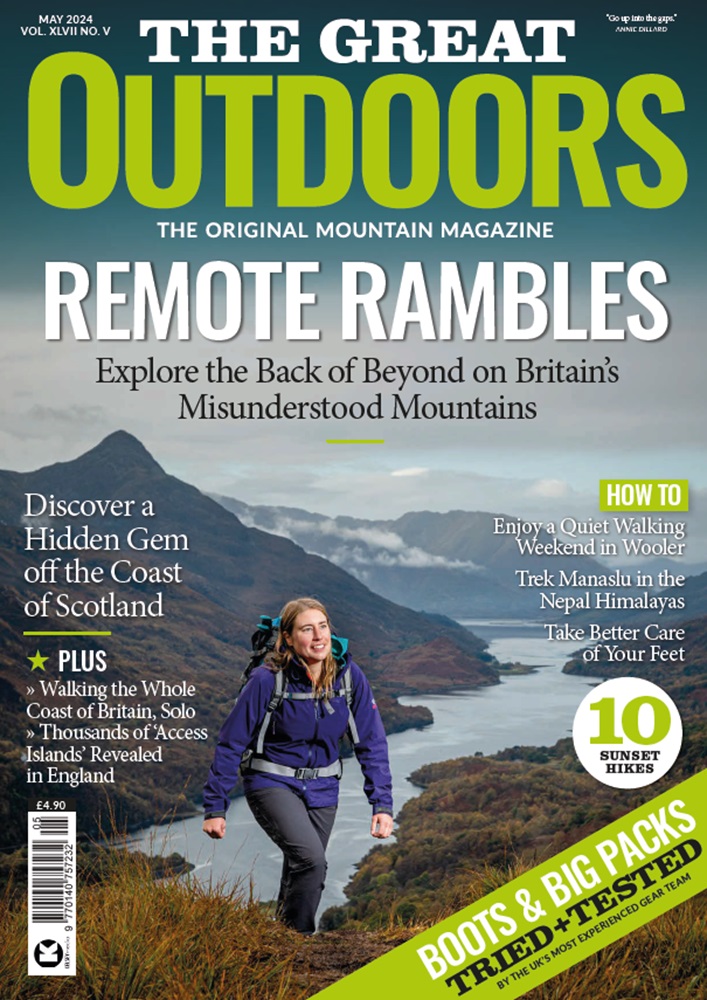PrimaLoft® Bio™ – a new 100% recycled, biodegradable synthetic insulated filling – has now been proven to be chemically recyclable too.
In October 2018, PrimaLoft announced PrimaLoft® Bio™, a revolutionary form of synthetic insulation made from 100% recycled, biodegradable fibers – the first of its kind. With the entire industry striving towards greater sustainability, the approval was greeted with widespread approval.
On 18 March 2019, PrimaLoft announced that PrimaLoft® Bio™ has been independently proven to also be fully renewable and recyclable for use in a circular economy.
As a result of third-party testing, the polyester fibres have proven capable of being chemically recycled. This process breaks down polyester to its basic components so that it can be rejuvenated into a new high-performance material, without compromising its original integrity.
To validate the chemical recycling capabilities of PrimaLoft® Bio™ fibers, third-party testing was completed by a chemical recycling facility. This testing has shown that PrimaLoft® Bio™ fibres are capable of being chemically recycled with a 95% yield rate.
“The intention of PrimaLoft Bio was always to address the eventual end of life of a garment in an impactful way, while finding a solution for the industry-wide microplastics issue,” said PrimaLoft president and CEO Mike Joyce. “Biodegradability is an end of life solution that works in harmony with the circularity model. With the ability to renew our fibres, we are changing the conversation to circularity. Circular economies are the next frontier in sustainability and we have proven our capabilities in this space.”
After chemical recycling, PrimaLoft® Bio™ fibres may be reused to produce new insulation or fabric fibres, while maintaining the same level of performance.
Circularity, or a circular economy, is an economic system aimed at minimising waste and re-capturing usable resources to be utilised within the system. This eliminates the need to introduce new natural resources, creating a closed loop. A circular economy is a more sustainable alternative to a traditional linear economy, which relies on the “take, make, dispose” model of utilising resources.

Joyce continued, “More than 8.3 billion metric tons of plastic have been produced worldwide, since 1950, and less than 10% of those plastics have actually been recycled. Those numbers are alarming and PrimaLoft is working on solutions to reduce the use of oil-based virgin polyester fibres. To that end, we have been using recycled polyester fibres sourced from plastic bottles in our products since 2007. Through this traditional mechanical recycling process, new high-performance material can be created. However, this method cannot be used repeatedly without eventually sacrificing the performance characteristics of the polyester and continuing to use additional natural resources. That’s why PrimaLoft searched for new ways to close the system.”
PrimaLoft® Bio™ fibres are made from 100% post-consumer recycled material and break down when exposed to specific environments – such as a landfill or the ocean. PrimaLoft has enhanced the material to be more attractive to the naturally-occurring microbes found in these environments so that they eat away at the fibres at a faster rate, returning the fabric or insulation to natural elements. Fibres will only biodegrade when exposed to these naturally occurring microbes in landfills or bodies of water; thus, the insulation or fabric remains highly durable throughout its usable lifecycle in a garment.








